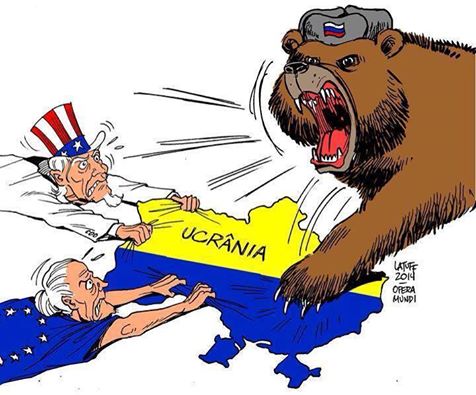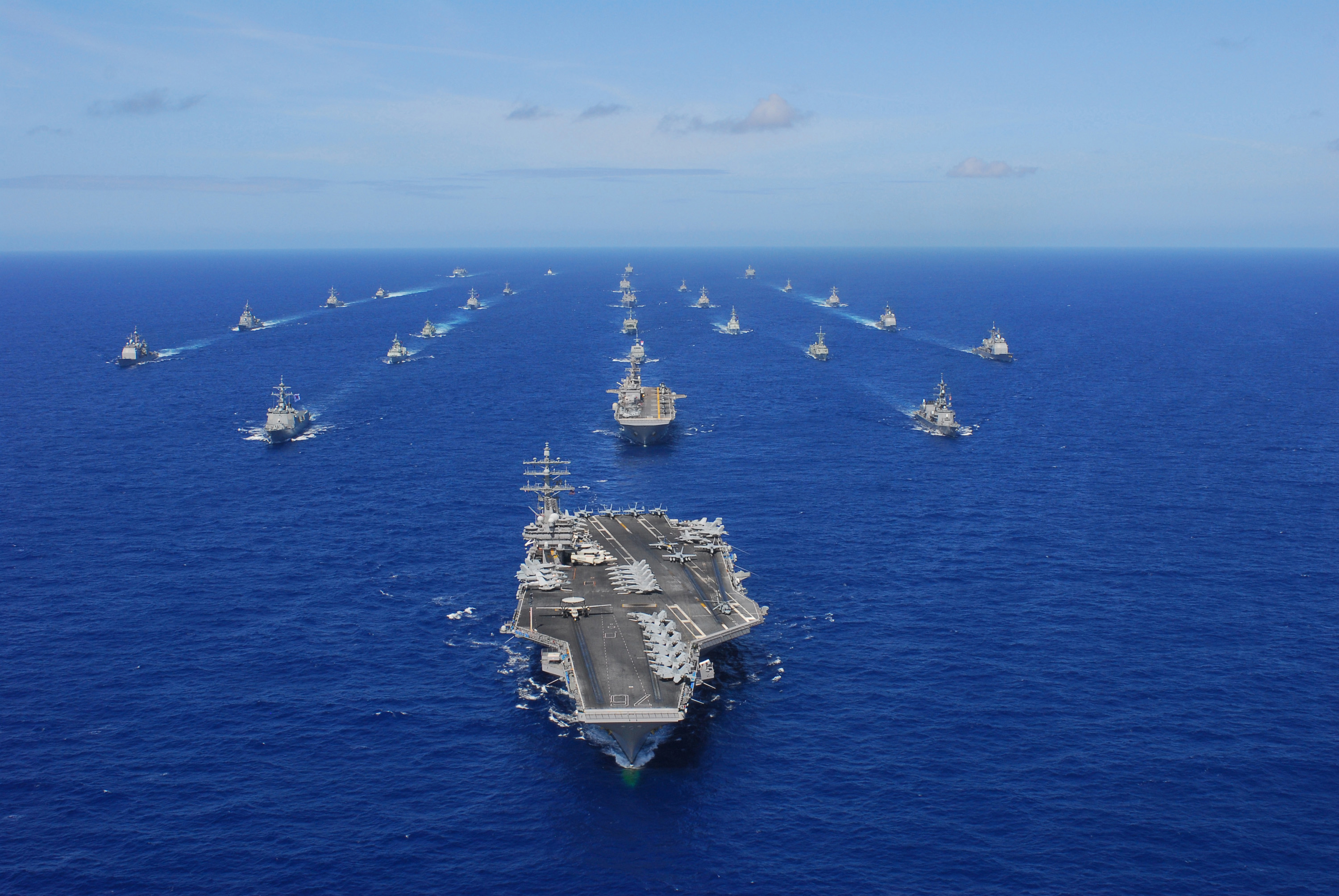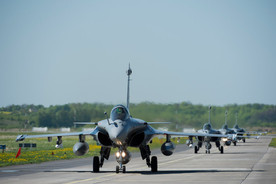
Former Ukrainian President Viktor Yanukovych was democratically elected. He was ousted by a protest movement some would call a popular revolution, others have called it a coup and it is a matter of perspective. But he was not a dictator he was a corrupt politician who managed to win what was considered by the international community to be a fair election in a highly polarized country. Certainly it can be said that he failed to govern democratically by making changes to the constitution to increase executive powers, introduce regressive laws and amass great wealth for himself and his close supporters, yet there were other means to remove him from power such as impeachment. Ukraine has become a battleground between East and West in a scenario reminiscent of the Cold War, but the Cold War is over and many things have changed. There is no side advocating socialism and the so called “democrats” in the West of Ukraine who protested against Yanukovych have in some ways been co-opted by a more vocal fascist element led by politicians such as the openly anti-Semitic, homophobic and anti-Russian Oleg Tyagnybok. Today it is less clear who is on the “right” or “wrong” side of this conflict.
US Secretary of State John Kerry said “this is not a zero-sum game. It is not west versus east.” And the US government along with NATO, through the NATO-Russia Council has been exploring diplomatic solutions. The problem with this approach is that it absolutely is a zero-sum situation if the importance of preserving Ukraine’s territorial integrity is taken to be more important than the people of Ukraine’s right to democratic representation and self-determination. Ukraine can only have trade relations with the EU or the Customs Union of Belarus, Kazakhstan and Russia but not both. EU trade policy requires Ukraine to choose one side and Ukraine itself is internally divided. Even Prime Minister Arseniy Yatsenyuk, widely perceived as a moderate, due to his position on the Russian language and trade relations with Russia is completely at odds with Eastern Ukrainians and can hardly been seen as representing their interests.
Radical elements gain momentum in chaos and there is a genuine threat they may gain an upper hand over moderate forces. On February 24 an Eastern Ukraine synagogue was hit by firebombs and in January a Haredi man was stabbed to death on his way home from synagogue in Kiev. As usual, many Ukrainians have blamed Jews for the recent chaos. Over 100 people have lost their lives in the revolution that removed Yanukovych from power. Violence against Russians can be seen in numerous YouTube videos and recent BBC coverage exposes the anti-democratic and dangerous element to the anti-Russian movement. Ukraine is calling on its Reserve Forces in a move which threatens to escalate the conflict on an official level. Even more concerning is the band of right wing extremists, unofficially patrolling the streets of Ukraine with baseball bats and sometimes guns who have demonstrated their violent impulse, engaging in attacks against the Ukrainian police during Euromaidan protests. Furthermore, Ukraine has nuclear facilities which make chaos even more strategically concerning for Russia and Europe.
Russians have been leaving Ukraine to seek refuge in Russia in large numbers, the latest count ranges from 140,000 to 800 000 according to Putin. In order to protect people on the ground, Russia has welcomed asylum seekers, something which Canada should also explore. Taken in context with the $15 billion aid package which included discounted gas prices and the purchase of Ukraine’s foreign debt offered to Yanukovych before he was forced out of government by Euromaidan protests, it is clear that Russia is making an effort to help Ukraine in some ways. Not everyone in Ukraine sees Russian military presence as a threat.

By contrast, the sum total of EU, US and Canadian aid all together does not come close to the amount of money Russia had offered Ukraine. Nor has NATO offered any concrete support for its Western Ukrainian dependents. Ukraine is now seeking a $15 billion loan from the IMF which has harsh conditions attached to it such as cutting its large fiscal deficit, phasing out energy subsidies, strengthening the banking sector, and allowing the exchange rate to fall. Yatseyuk says the IMF could also require a 20% reduction to Ukraine’s budget, which will certainly have a negative impact on Ukraine’s poor. NATO Secretary General Anders Fogh Rassmusen says NATO
condemns the Russian Federation’s military escalation in Crimea and expresses its grave concern regarding the authorization by the Russian Parliament to use the armed forces of the Russian Federation on the territory of Ukraine.
If Canada and its NATO partners want to be constructive actors, they need to be honest and realistic about the future commitments they would be willing to provide in a future war with Russia; that is probably next to nothing. Never once during the Cold War did NATO confront Russia directly for threat of a nuclear catastrophe. There is no reason to believe that over the political direction of Ukraine today, NATO will directly engage with Russia. Therefore NATO needs to make this clear to Ukraine’s government and especially the Ukrainian people so that they do not feel emboldened to engage with the Russian army at their own peril.



